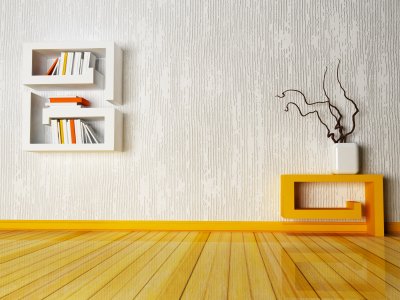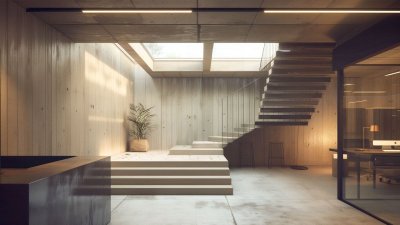How can tenants improve their home? What measures can they carry out on their own? When do they need the landlord's consent? The portal "schoener-wohnen.de" looks into these questions. The most important thing to know first: As a rule, tenants are allowed to make superficial changes that can be reversed. However, the landlord's consent is required if the building fabric of the apartment is affected.
For example, tenants may paint the walls, drill holes and lay a new floor. However, if they lay a new floor, the old floor must be retained. This is why a so-called floating installation is required, in which the old floor is not connected to the new floor. Click systems, for example, are used for this. If there is an old wooden floor in the apartment that needs to be sanded down, the landlord's consent should be obtained.
According to "schoener-wohnen.de", a new kitchen worktop can also upgrade a rented apartment. If the kitchen was taken over from the previous tenant or is your own kitchen, replacing it is not a problem. However, the situation is different if the kitchen is integrated into the rented apartment. In this case, the landlord's consent is required before the kitchen can be replaced. Landlords should also not change doors on their own initiative, as these are part of the building fabric.
Source and further information: schoener-wohnen.de
© Fotolia





Join The Discussion